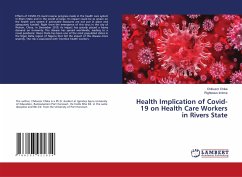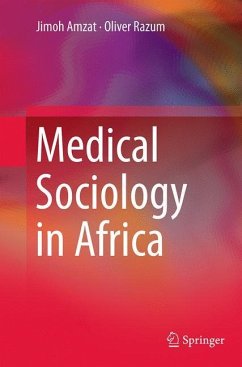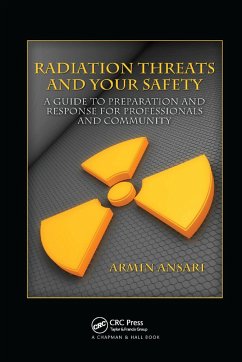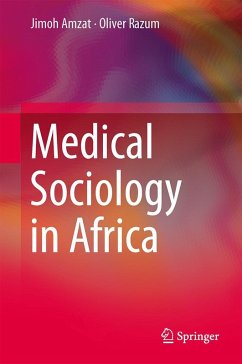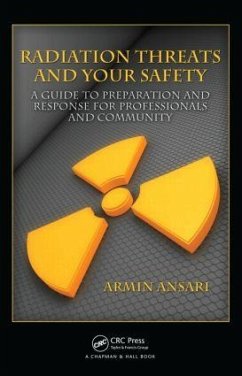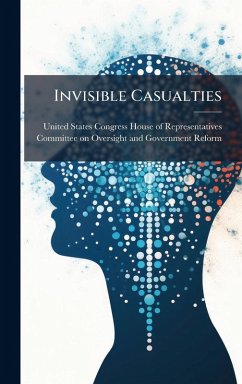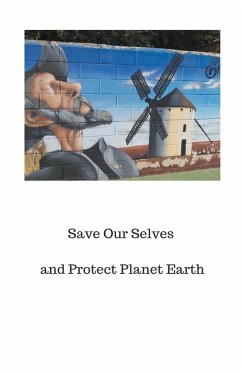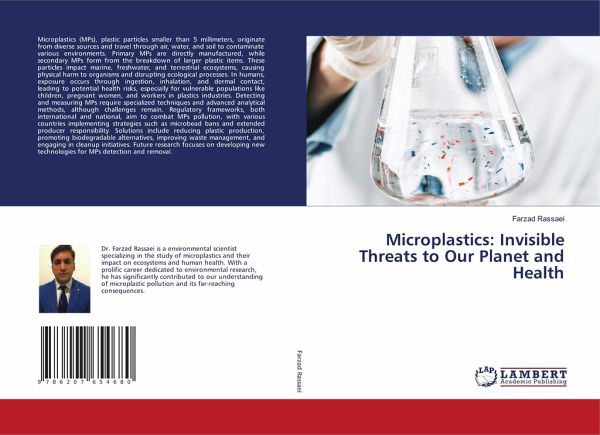
Microplastics: Invisible Threats to Our Planet and Health
Versandkostenfrei!
Versandfertig in 6-10 Tagen
40,99 €
inkl. MwSt.

PAYBACK Punkte
20 °P sammeln!
Microplastics (MPs), plastic particles smaller than 5 millimeters, originate from diverse sources and travel through air, water, and soil to contaminate various environments. Primary MPs are directly manufactured, while secondary MPs form from the breakdown of larger plastic items. These particles impact marine, freshwater, and terrestrial ecosystems, causing physical harm to organisms and disrupting ecological processes. In humans, exposure occurs through ingestion, inhalation, and dermal contact, leading to potential health risks, especially for vulnerable populations like children, pregnant...
Microplastics (MPs), plastic particles smaller than 5 millimeters, originate from diverse sources and travel through air, water, and soil to contaminate various environments. Primary MPs are directly manufactured, while secondary MPs form from the breakdown of larger plastic items. These particles impact marine, freshwater, and terrestrial ecosystems, causing physical harm to organisms and disrupting ecological processes. In humans, exposure occurs through ingestion, inhalation, and dermal contact, leading to potential health risks, especially for vulnerable populations like children, pregnant women, and workers in plastics industries. Detecting and measuring MPs require specialized techniques and advanced analytical methods, although challenges remain. Regulatory frameworks, both international and national, aim to combat MPs pollution, with various countries implementing strategies such as microbead bans and extended producer responsibility. Solutions include reducing plastic production, promoting biodegradable alternatives, improving waste management, and engaging in cleanup initiatives. Future research focuses on developing new technologies for MPs detection and removal.





